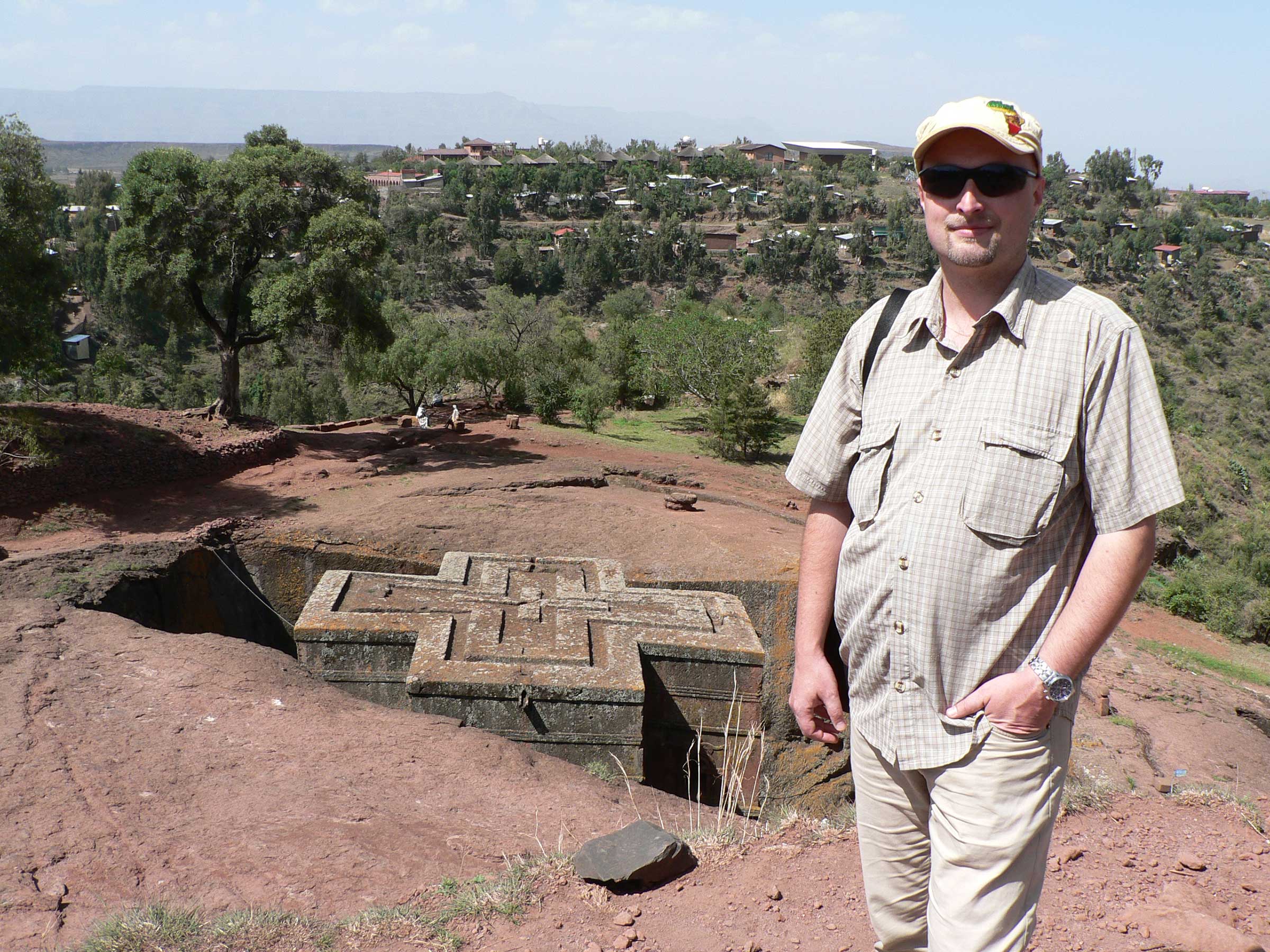Written by the Canadian Journal of History/Annales Canadiennes d’Histoire
Jan Záhořík is an Africanist who teaches at the department of Middle Eastern Studies at the University of West Bohemia in Pilsen. His article on the Cold War relationship between the former Czechoslovakia and Congo/Zaire is available in the latest issue of the CJH/ACH.
CJH/ACH: What made you pursue a career in history?
JZ: My main focus is on African history and politics, and secondary on European-African relations. I have been attracted by African history and politics because I have seen it as something totally different from European history with its nation-states, world wars, and big –isms throughout the 20th century. African history seemed to me much more complex. For instance, in order to understand African politics, one has to take into account lots of things we do not think about in Europe that much, such as religion, ethnicity, clan identity, territory, mythology, etc. And when it comes to the so-called big history, like Czechoslovak-African relations, it only shows how everything in history is interlinked.
CJH/ACH: When dealing with a topic that has so many historical actors, how do you keep track of all the parties involved and make sense of their actions? How does incorporating so many perspectives impact your research – for example, your archival visits?
JZ: I see history and historical events as [a] network in which everything happens as a reaction or in interaction with other events, or actors. I also believe in broader social scientific research that goes beyond pure archival research. History is about interpretation, and about complexities. From my point of view, as an historian of Africa, I do not believe so much in history being done by great personalities but rather as a complex set of relations, actions, reactions, and interactions where everything is in one way or another interlinked.
CJH/ACH: Your article uses documents that have only recently been opened up to research. What does it mean for historians when new documents are uncovered and/or released?
JZ: It is absolutely great. First, there is this feeling that perhaps no one before you has ever read or analyzed the materials so you are the first one using them for scholarly purposes. Second, it extends our understanding of events that have not been fully researched or analyzed.
CJH/ACH: Can you comment on the importance of archival work to history?
JZ: Archival work is obviously important, one of the main parts of historical research. But as I said, as an historian of Africa, I do not rely solely on archival research because history is about interpretations. It, of course, depends on a particular topic but generally any kind of source, whether unpublished or published, is a useful tool for our understanding of the studied problem. Therefore, students should primarily read, and read in order to not only broaden their knowledge but also critically think about different approaches to historical thinking, different views on a particular problem, and therefore different interpretations.
CJH/ACH: What do you think the role of the historian is in today’s world?
JZ: The way we understand our history is the way we will shape our future. That sounds perhaps too simplistic but we see in everyday life, in the media, attempts to “rewrite” history, to question brutalities of Nazism, Communism, and other –isms in the 20th century. So there is a significant space for historians, as well as other scholars, to analyze and explain various historical processes to [the] general public, because what happened yesterday may affect what will happen tomorrow, to simplify it a little bit.
Part 1 is online here.
Read Jan Záhořík’s article “Czechoslovakia and Congo/Zaire under Mobutu, 1965-1980” FREE for a limited time online here: http://bit.ly/CJH522d.
 Author Dr. Jan Záhořík
Author Dr. Jan Záhořík
Comments on this entry are closed.